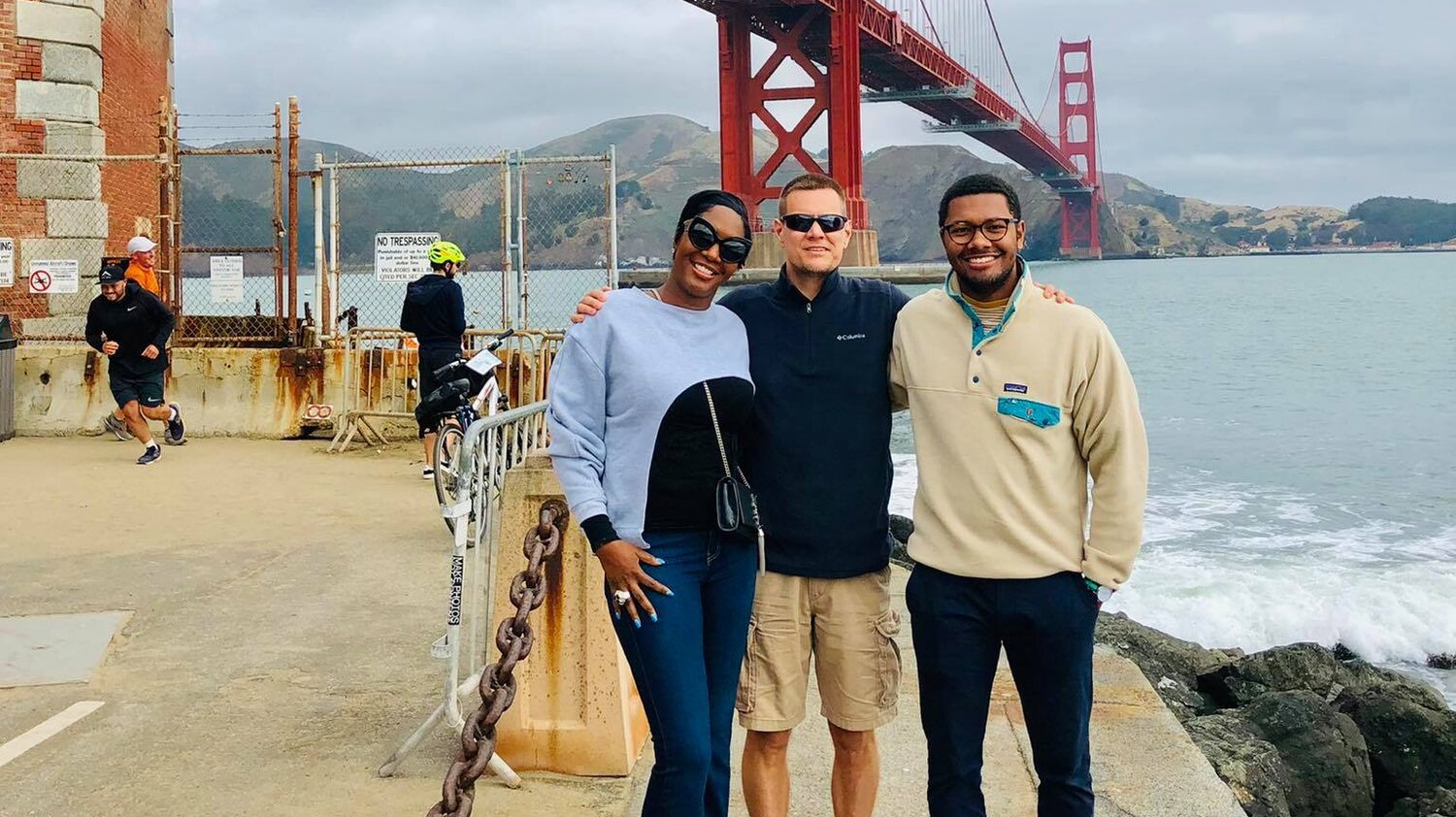Armetha Pihlstrom and Her Journey from South Side Chicago to Plant-based Leadership
While every founder and senior leader likes to paint their story as a fairytale narrative, Armetha Pihlstrom is one of the few where the term rags to riches is not hyperbole. Born on the south side of Chicago, Armetha’s hometown was tarred with the infamous Chi-Raq moniker. Where others saw gang violence and crime, she saw beauty, community, pride—a place where even a rose could blossom from the concrete. This is Armetha’s story.
Breaking Out and Building a Career
Despite Armetha’s love for her mother, her city, and the village that helped raise her, Armetha knew she couldn’t stay in Chicago. Her life had stalled with no hope, no purpose, and no plan. With nothing but a garbage bag full of clothes and a dream of a better life, Armetha hopped on a Greyhound heading for Minneapolis. And so began the start of what would become an illustrious career and a mission to build a diverse and equitable future of food.
Like many folks, Armetha’s first few weeks in Minneapolis were spent couch surfing with relatives until she got her first opportunity, a telemarketing role. Her ambition was enough to impress the interviewer, who would later become her husband. A woman devoted to family, Armetha cites her husband, Thomas, as one of her key influencers, helping her earn her GED, a Bachelor’s degree from Carlson School of Business Management, and eventually a Master’s degree from the University of Minnesota. Twenty-five years later, their relationship is as strong as ever, passing their beliefs of God, family, and being the representation you want to see onto her other greatest influence, their son, Isaiah.
With Minnesota as her new home, Armetha found herself at ground zero of the racial injustice movement that has swept the globe since the death of George Floyd. Yet, for Armetha, this is nothing new, but rather a reality harder to deny in the social media age. While she welcomes the push for diversity that has accompanied the Black Lives Matter movement, she knows a performative gesture when she sees one and, instead, stresses the value of long-term relationships with communities of color, such as her early relationship she cultivated between Impossible Foods and entrepreneur superstar and CEO of Slutty Vegan, Pinky Cole.
“Any company can say Black Lives Matter... But then I look at your board of directors, your promotions, and your representation of people of color communities. When I look at the leadership, and I don’t see representation of color, then I feel like you are being disingenuous and I am giving you the side-eye.”
Lifting Others and Bringing Inclusivity to Industry
Armetha considers herself a multiplier who is willing to pass on her knowledge, and if she doesn’t have what you’re looking for, she knows someone who does. She is a firm believer in being the change you want to see. Don’t wait for an invitation to sit at the table. Bring your own chair. It is a mentality that she carries into her work and an example of an abundancy mindset approach towards her career, a theme often shared in our VWS conversations. There is always space at her table—one now surrounded by an array of different folding chairs. It is through this approach and priority, Armetha shares, that inclusivity of underrepresented communities can be achieved in the industries working towards food systems change.
Armetha’s positive attitude and determination have brought her much success, including roles at Cargill and Impossible Foods—experiences which she looks back upon fondly as a stepping stone for her professional journey. Perhaps the best example of her multiplier effect in action, during Armetha’s tenure at Impossible, she created a first-of-its-kind role at the company by dividing her role to report partially to each sales, social impact, and diversity, equity, and inclusion. Building off of each role, Armetha continued her career as a foodservice leader, even founding her own company, Pihlstrom Consulting Group, in 2017 and joining the Plant Based Foods Association as a Board Member. One of Armetha’s core pieces of wisdom for other women, particularly women of color, and their careers is a simple one which she shares without trepidation: "Leave each place better off than how you found it, but move on when you are not being valued."

Building Accessibility in the Plant-based World
In her newest and most exciting role yet, Armetha made her way to Future Farm and began her role as Sr. Director of Foodservice Sales for US & Canada. The company ticked all of her boxes: passion, purpose, and mission, all aligning with her personal goals. With only a few months at the company, Armetha has become fully immersed in its Brazilian culture. If she isn’t flicking through Duolingo learning Portuguese, she is passing on both her Chi-town street smarts and book smarts. Armetha is a multiplier, after all. Her brief time at the company has already altered her mindset, leaving her questioning America’s workaholic culture.
When asked what makes Future Farm most exciting, Armetha points to the leadership’s focus on diversity, equity, and inclusion. As “outsiders”, the team doesn’t adhere to the traditional mold of a food company and the team has made a rare commitment from the outset of the company’s launch to build diversity and equity into the company from day one, including diverse leadership, talent development, and recruitment. CEO Alexandre Ruberti explains what his vision for Future Farm is and how they are approaching change in the food system through inclusivity:
"Launching Future Farm in the U.S., we have a big opportunity to democratize the category by offering premium products to consumers. Our mission is to change the way the world eats meat, by giving people delicious options to choose meat from plants, and not animals.
It is quite the honor for us to have Armetha part of our team. Her industry experience and personal passion to make an impact on our communities and overall food system is invaluable; it's something we don't take for granted and will continue making a priority, as we build our team and brand, moving forward.”
The mission is clear and Armetha and her team remain focused, ready, and raring to tackle food inequality. Following the strategy of democratizing the category, her goal is also to make our products available in the the 7/11’s, the street corner bodegas, the mom-and-pop shops, the places most accessible to the less affluent. Armetha sees smaller stores as key proponents in ending food inequality and making plant-based products accessible for all. Together with Future Farm, she looks to provide plant-based food that is accessible and affordable for everyone.


